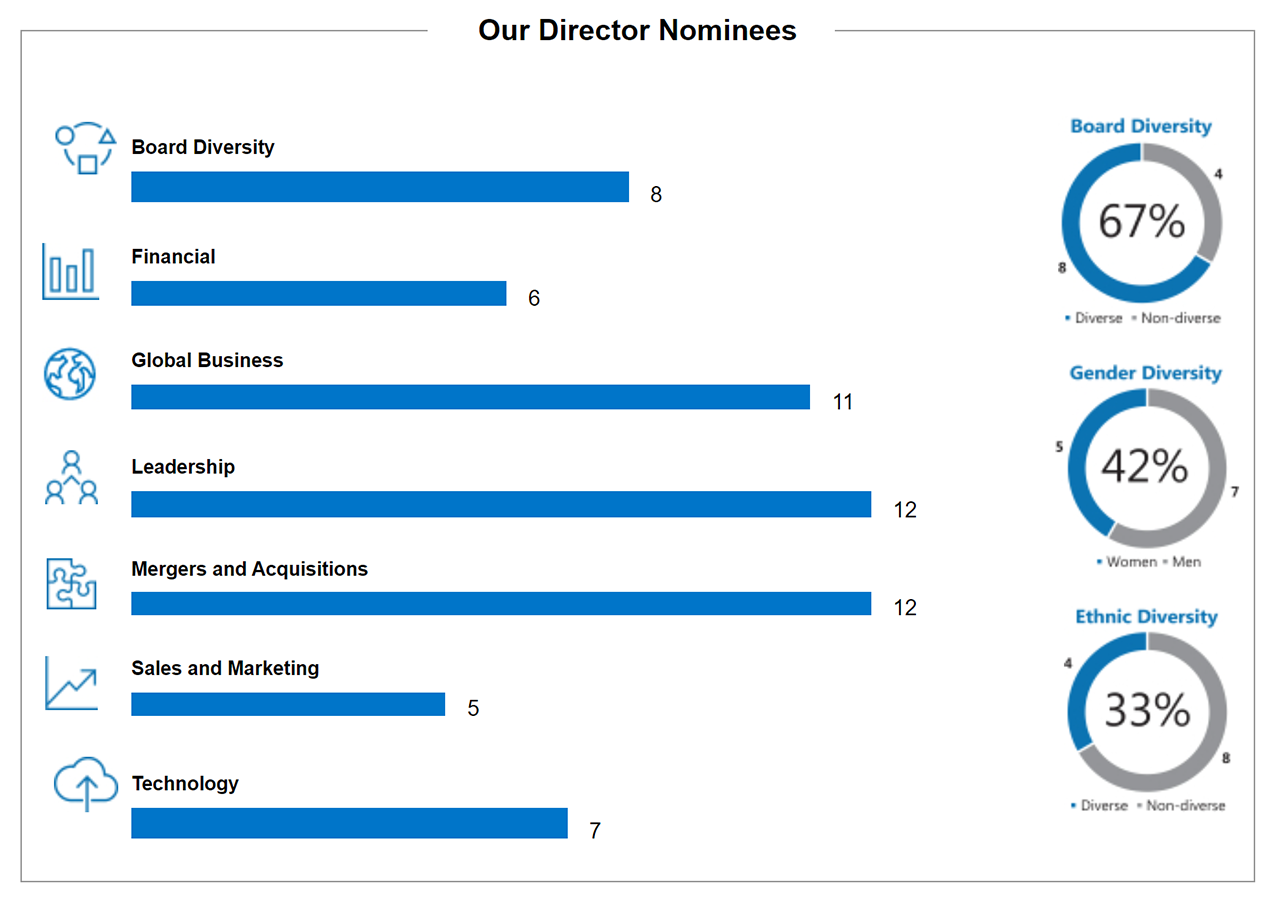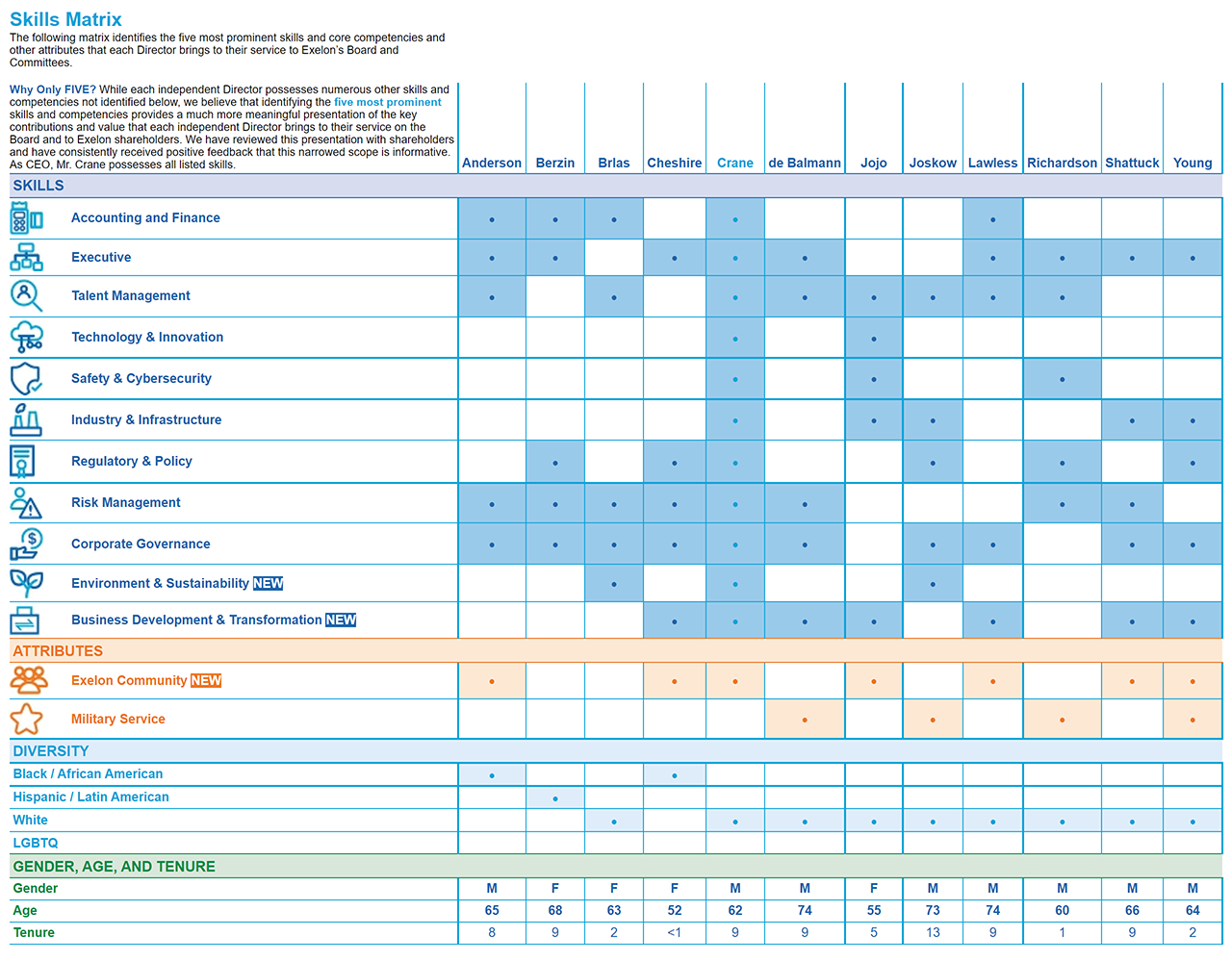How America’s Largest Companies Disclose Board Diversity
November 15, 2021
Brendan Cullen

Board diversity is among the most relevant and pressing issues in corporate governance today. Women on boards have made significant strides in the last several years, with Equilar’s Q3 2021 Gender Diversity Index reporting that 26.1% of Russell 3000 board seats are now held by women. The spotlight on ethnic diversity is newer, but its strength has intensified greatly over the last couple of years. With increasing calls for substantive action on both fronts, legislators and other decision makers have been forced to listen.
California bills SB-826 and AB-979 have provided a template for other states looking to encourage corporate diversity, and while similar laws are unlikely to pass at the federal level any time soon, Nasdaq’s newly approved listing rules signal a potential future for more widespread diversity requirements. These new guidelines, along with increased scrutiny from institutional investors, will require companies to be transparent when discussing the composition of their boards. Proxy disclosures on this issue vary in style and complexity, but the most effective ones are clear, thoughtful and specific.
Equilar recently conducted research on board diversity disclosures from companies that filed a proxy statement between October 2020 and September 2021. Among the 100 largest U.S. companies by revenue (the Equilar 100), 92% disclosed some form of data on the diversity of their boards. This includes companies that provided aggregate statistics on their board make-up, as well as those that identified diversity on an individual basis. 81% of companies disclosed specific statistics on the gender diversity of their boards, while 73% disclosed the same for ethnicity. 11% elected for broader disclosures, including an overall snapshot of board diversity but not disclosing specific statistics on gender or ethnic diversity.

The prevalence and specificity of these disclosures will likely increase in the future, and not just for the largest corporations. As a standardized diversity disclosure has yet to emerge, companies have adopted a variety of visual styles to relay information to investors. Among the Equilar 100, 59% of companies included a visual element to accompany their board diversity data. This often takes the form of a pie chart or bar graph, like those seen in the image below from Microsoft’s proxy (DEF 14A filed on 10/14/21, p.5). The simpler form of disclosure is to announce diversity statistics in the text of a paragraph or bullet list. 33% of Equilar 100 companies took this approach.

Outside of aggregate statistics on board composition, many companies also choose to disclose diversity on an individual basis. 84% of Equilar 100 companies included photos of their board members in their proxies, and just 3% provided individual diversity information in director bios. The more popular method of comprehensive individual-based disclosures is the board skills matrix. 25% of Equilar 100 companies elected to add diversity flags to their skills matrices. This includes 14% of companies that added an all-encompassing “diverse” flag and 11% that disclosed specific ethnicity and gender.

An exceptional example of highlighting diversity in the skills matrix can be found below in Exelon’s proxy (DEF 14A filed on 3/17/21, p.17). Not only does the matrix highlight ethnicity and gender, but the Company also includes a field for LGBTQ+ directors.

The market demand for diversity in boardrooms has long been ignored, but new rules and legislation have begun to shift the tides. As the conversation continues to evolve, so will diversity disclosures. Whether or not current design trends will stick remains to be seen, but communication will undoubtedly be key because one thing remains clear: calls for accountability are unlikely to cease any time soon.
Contact

Brendan Cullen
Senior Research Analyst at Equilar
Brendan Cullen, Senior Research Analyst at Equilar, authored this post. Please contact Amit Batish, Director, Content & Communications, at abatish@equilar.com for more information on Equilar research and data analysis.
 Solutions
Solutions











